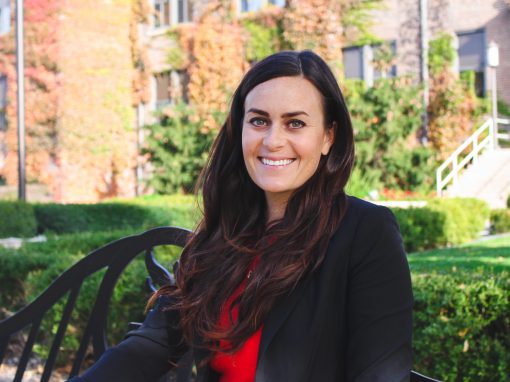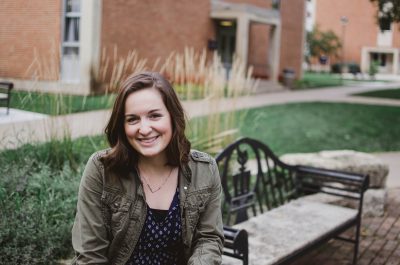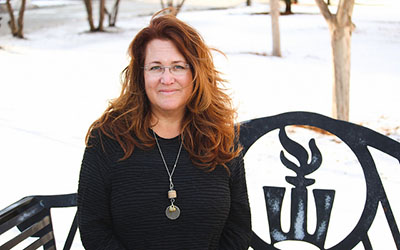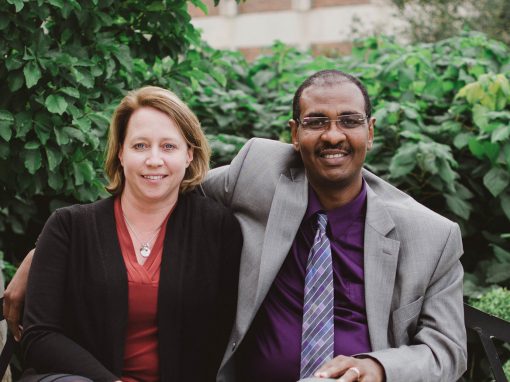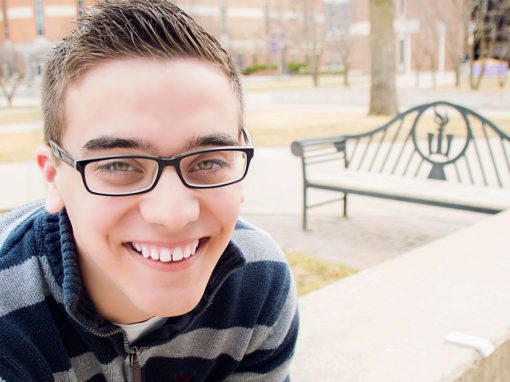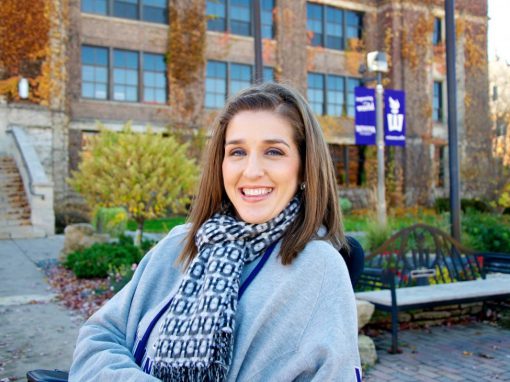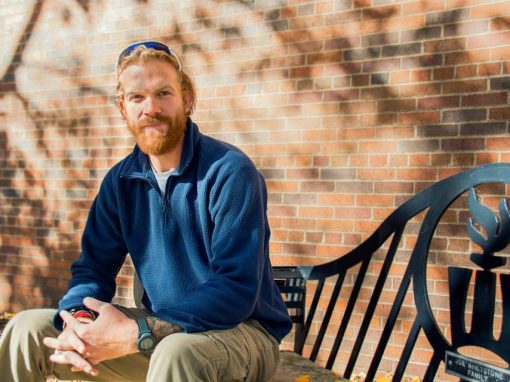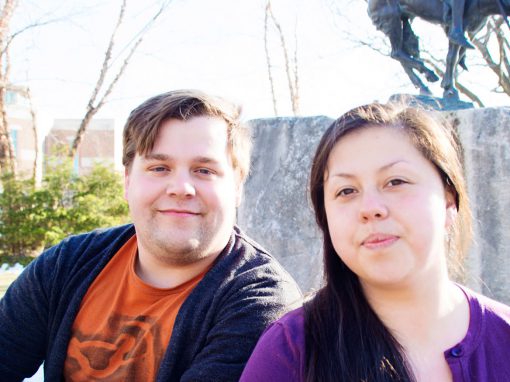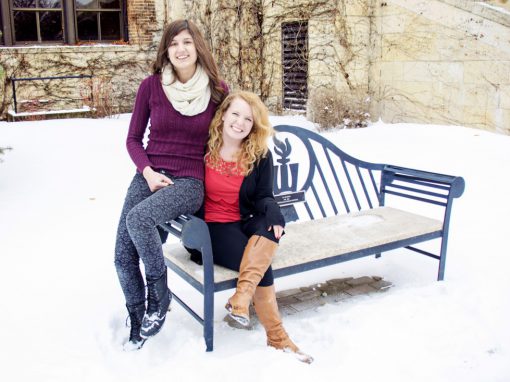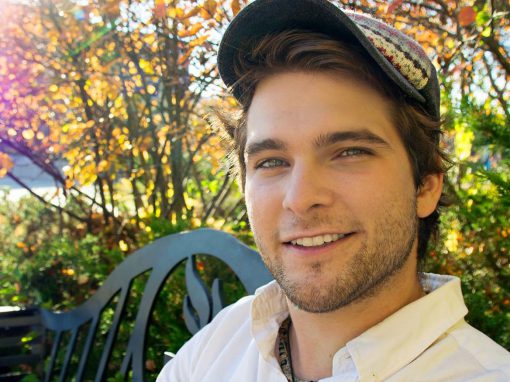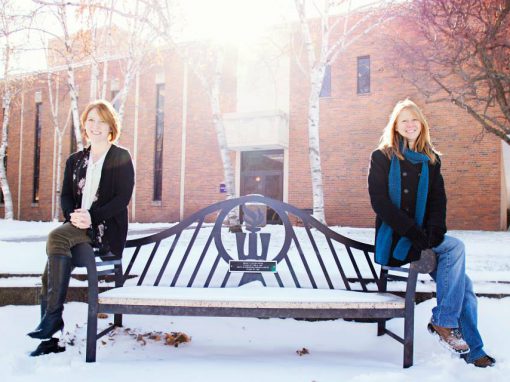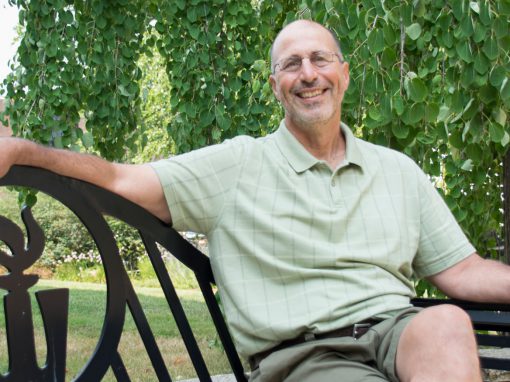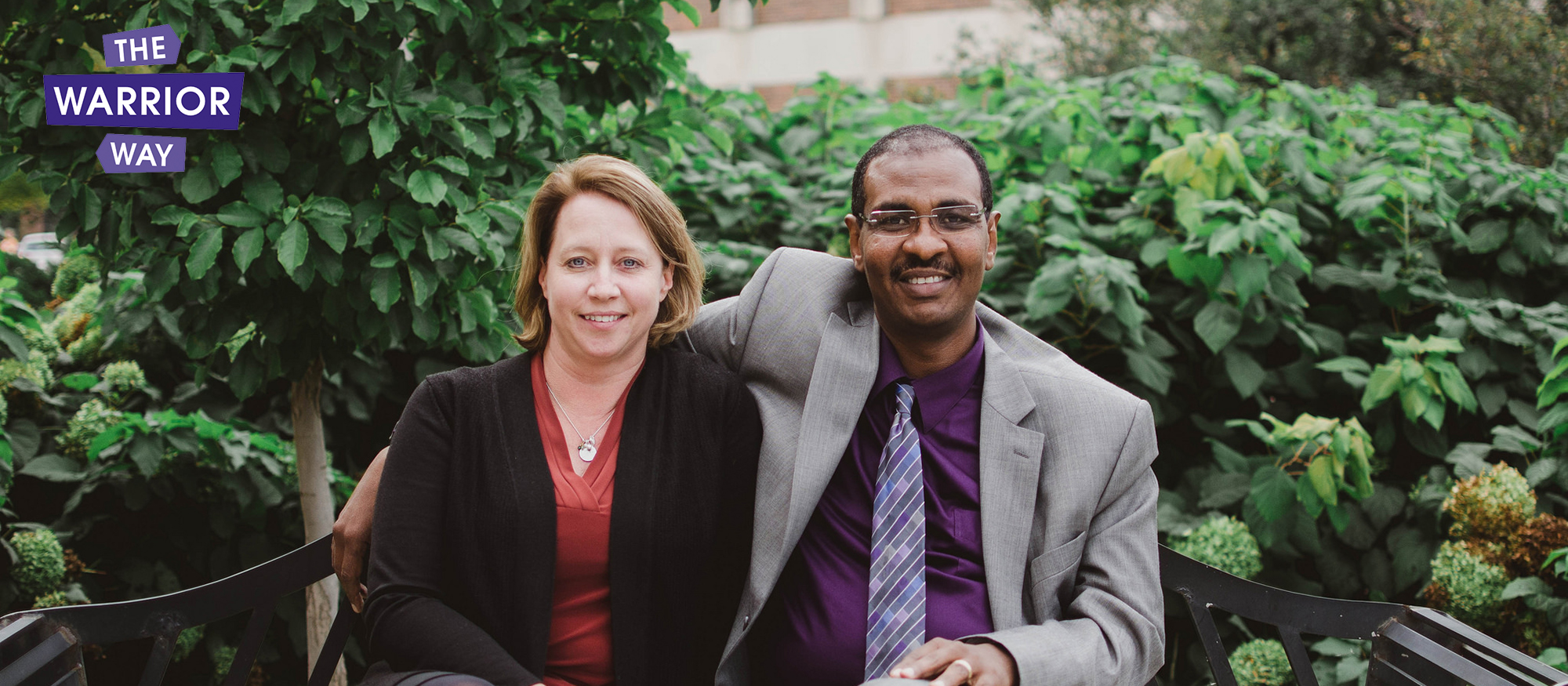
Mohamed Elhindi ’96 & Carol Daul-Elhindi ’99 | Ending Suicide With Solomon’s Song
Mohamed Elhindi is a ’96 alumnus
Management Information Systems (College of Science & Engineering)
Carol Daul-Elhindi is a ’99 alumna
WSU Assistant Professor Librarian
Library Liaison for WSU’s College of Business
“When you experience a loss like that you have two options: you can fold and call it quits, or you can do something good.”
Friends and family who knew Solomon Elhindi can share endless stories about his kindness, empathy for others and goofy personality. But behind his smile, Solomon was struggling with mental health issues and was 14 years old when he took his life in January. This immense loss sent friends and family into a very dark place, and as his parents Carol and Mohamed dealt with this tragedy, they found a light that continues to guide them through Solomon’s passing. This light is called Solomon’s Song, a nonprofit organization they founded that fosters community connections and promotes healthy minds and bodies. The idea that we are more alike than we are different drives this organization to join individuals and reduce mental health stigma.
What originated as a healing process for the Elhindi family has turned into an organization that has educated and brought the Winona community together. The main goal of Solomon’s Song is to end suicide, and that begins with creating awareness of mental health issues and conversations around this. From Solomon’s Super Soaker Fun Fest and the John McCutcheon Concert to Youth Mental Health First Aid courses and training, the organization is reducing stigma one event at a time. Next on the agenda, Solomon’s Song is hosting an interfaith conversation at WSU in early February.
With the passing of their son, the Elhindi family chose to channel their energy into something positive. When interviewing Carol and Mohamed, I could feel the weight of their recent loss as they shared their story of tragedy, healing and community action. While some days are darker than others for friends and family, Solomon’s Song allows Solomon’s caring soul to continue to shine and make a difference in the lives of others.
What is the story behind how and why you started Solomon’s Song?
Carol: We lost our son to suicide, and when it happens, you feel so lost. You don’t know where to turn and we decided we needed to do something to make a difference and funnel our energy into something positive. It started with the Super Soaker Fun Fest because we wanted to reduce stigma and wanted a way for Solomon’s friends to have fun and remember him. We came home one night and my husband was really down and I was really down and I said, “This is it. We need to move our energy into something positive.” Then we thought about the idea of the Fun Fest and then the concert. We really wanted to reduce stigma, because one of the things Solomon said was, “I don’t want anybody to know that I’m struggling.” We know of six kids who’ve passed from suicide in the public schools, so we wanted to get training and professional development out there for teachers, students, parents and families to normalize conversations about mental health. That’s when we started coming up with these ideas and started a nonprofit. We started this as a way to channel, but I think Solomon’s been guiding us. It still hurts a lot, but it feels like we’re making a difference and people have been touched by it.
Mohamed: The whole idea behind Solomon’s Song is to honor something that Solomon would want to do himself. When I look at his picture, I say, “Your story’s not done yet.” So, Solomon’s Song is Solomon’s story. This is what Solomon’s all about: bridging the gap, equality and helping people. What Solomon’s Song provided to me was healing. When you experience a loss like that you have two options: you can fold and call it quits, or you can do something good. For a while I thought I was folding. Now, Solomon’s Song has become a way to heal not just for us, but for other families experiencing the same loss like us.
As Solomon’s Song’s first event, what was the community response to the Super Soaker Fun Fest in August?
Carol: It was amazing. Before the event, we had 450 people registered and 250 people showed up the day of. The most rewarding part was how many people said, “Thank you, thank you for doing this,” because they had either been touched by suicide, struggled with mental illness themselves or has a family member who struggles. Everybody seems to be struggling alone, and this was an opportunity for us to build community and allow people to come together for a common cause. It was a huge success, and people had a lot of fun that day. It was worth all of the hard work putting it together.
Mohamed: This community’s been a phenomenal support. Winona is all about building community, and the people here care about building this city to be a place everybody wants to live. The kindness we’ve experienced from this community for the last 26 years, I don’t think you’ll see it anywhere. The support has been something that’s hard to describe – it’s been real, and they’ve been there for us and other people, too.
On the Solomon’s Song website, it says, “We are all more alike than we are different.” Can you explain this key phrase?
Carol: In so many ways we are all more alike than we are different, and so many people are struggling with things they keep hidden because they don’t want anybody else to know and that gives power to the stigma. After he passed, there were people who came up to us and said their mother, father, brother, or sister passed from suicide. Did we know any of that before he passed? No. We have so many commonalities that we don’t even know about. When you look at religions, there are so many more things that are common in religions, but we all dwell on the things that are different. We want to let people know that we are more alike, we can talk, build community, and in that community it gives us strength and it gives us hope.
What are the barriers people face when dealing with mental illness, and how does Solomon’s Song help people overcome these barriers?
Carol: I think some of the barriers are that people don’t know where to go to get help. Who do I call? Where do I go? What do I do? That’s why at the Super Soaker Fun Fest we had therapists there with green shirts on because we thought it was a very comfortable setting and a fun day, so if anybody had questions they could ask. I think that’s one of the biggest hurdles for people; letting other people know you have a problem and being seen as weak rather than having an illness. It’s an illness like any other thing – it just affects us in a very different way, and it’s hidden for the most part.
Where do you see Solomon’s Song in five years? What’s the vision for its future in the community?
Carol: Our ultimate goal is to have a teen center and not just a hang out area, but a teen center that supports kids who are struggling with mental illness. Our next steps involve getting our programming into the public schools and the community, but then we’re going to work on focus groups to see what teens in Winona really need and what can we do to work with that.
Mohamed: The biggest thing we’d like to see is the day people can talk about mental health just like they talk about a headache. Over five years, our ultimate goal is to normalize the conversation. That’s mission accomplished. The day people know how to get the help they need is mission accomplished. The day we build what I call the “Solomon Youth Center” is mission accomplished.
If you could invite anyone to sit on this bench and have a conversation, who would it be and what would you talk about?
Carol: I lost my mom, my dad and my son all within six months of each other. I’d give anything to have one more conversation with them because after someone passes, there’s clarity of things that you didn’t see or understand before they passed. I’d thank them for everything they’ve done for me.
Interviewed and edited by Allison Mueller ’17 and photographed by Ka Vang ’16
If you know someone in our community — faculty, staff, student, alumni or friend of WSU — who we could feature, or if you have other Warrior Way feedback to share, please contact us.
